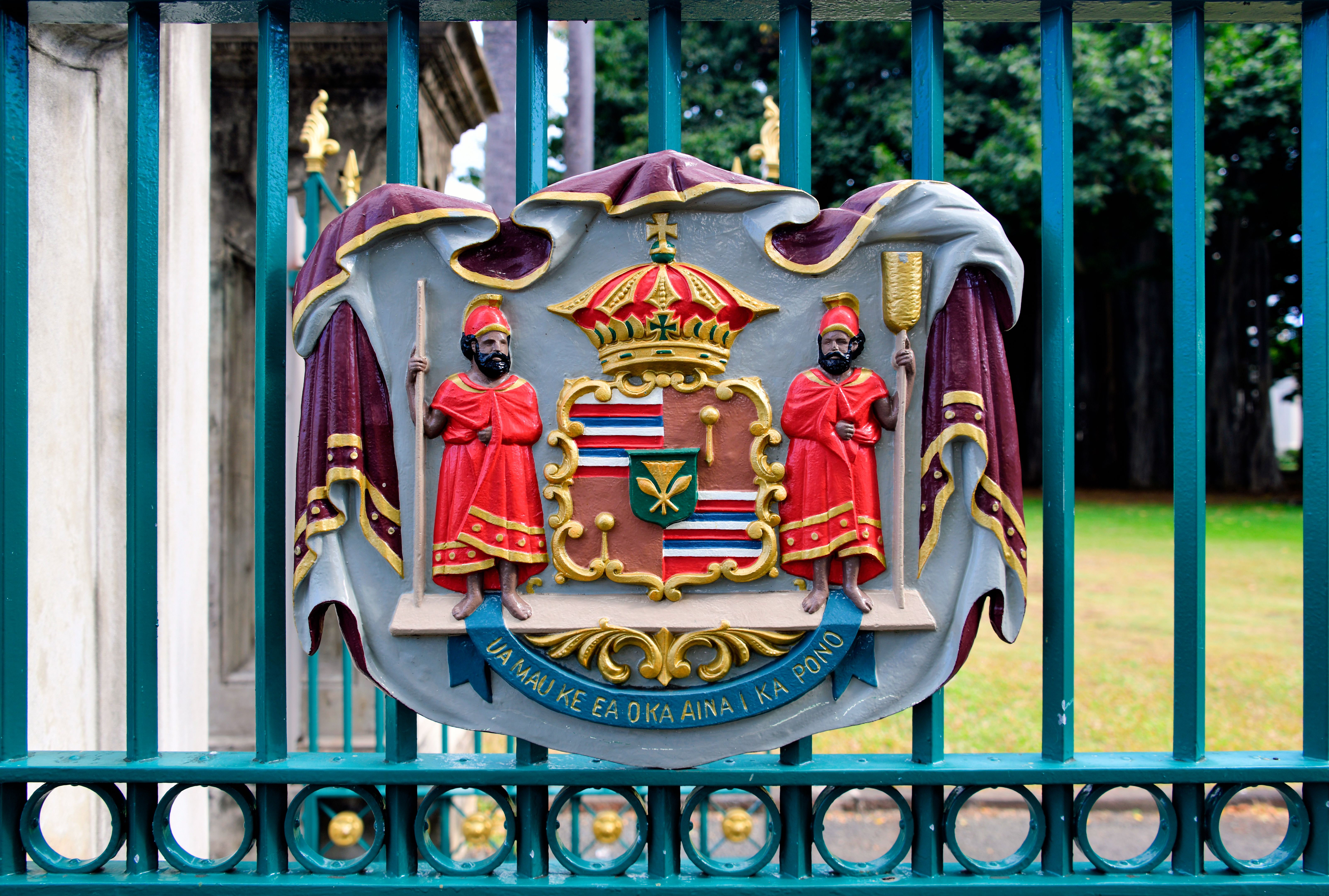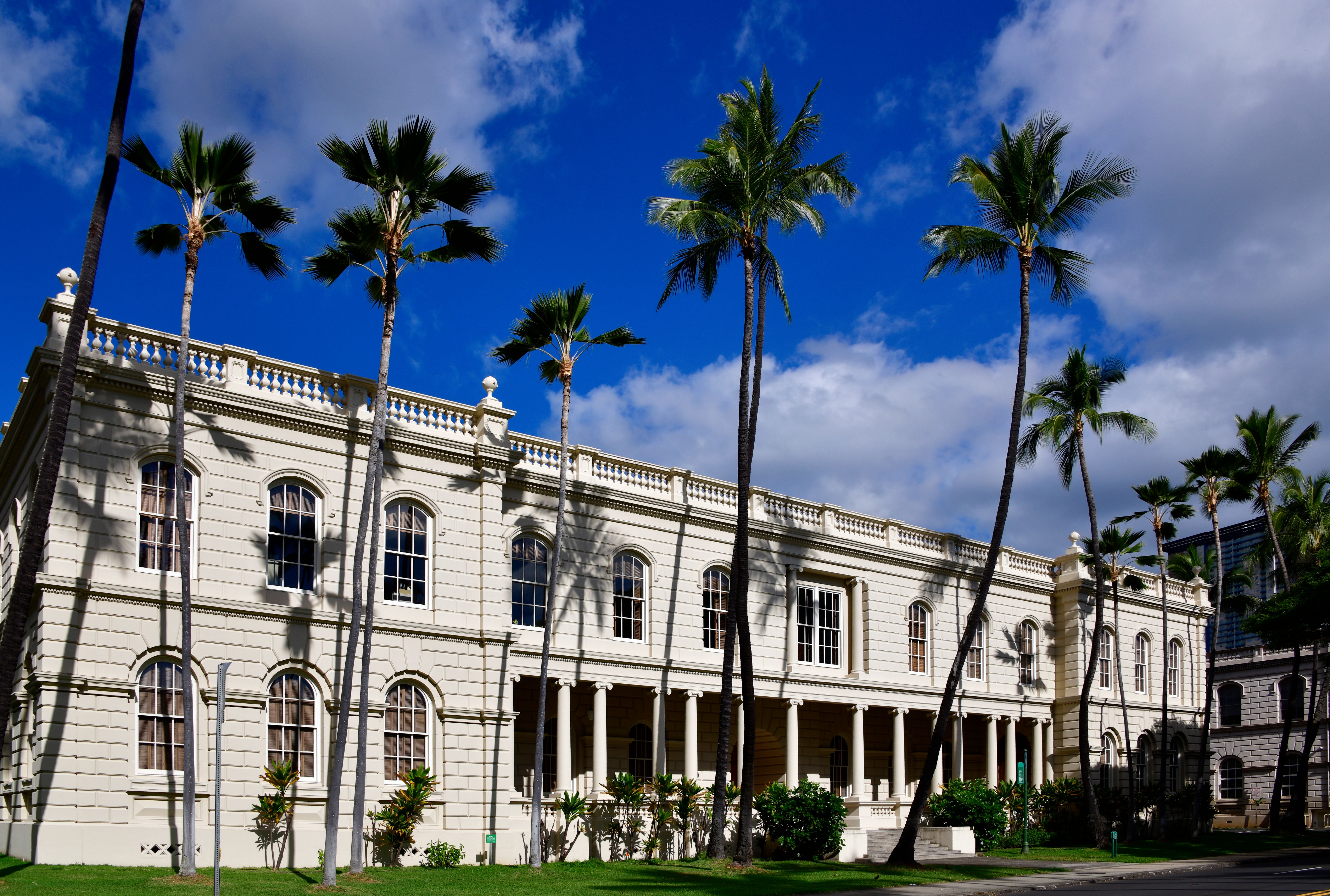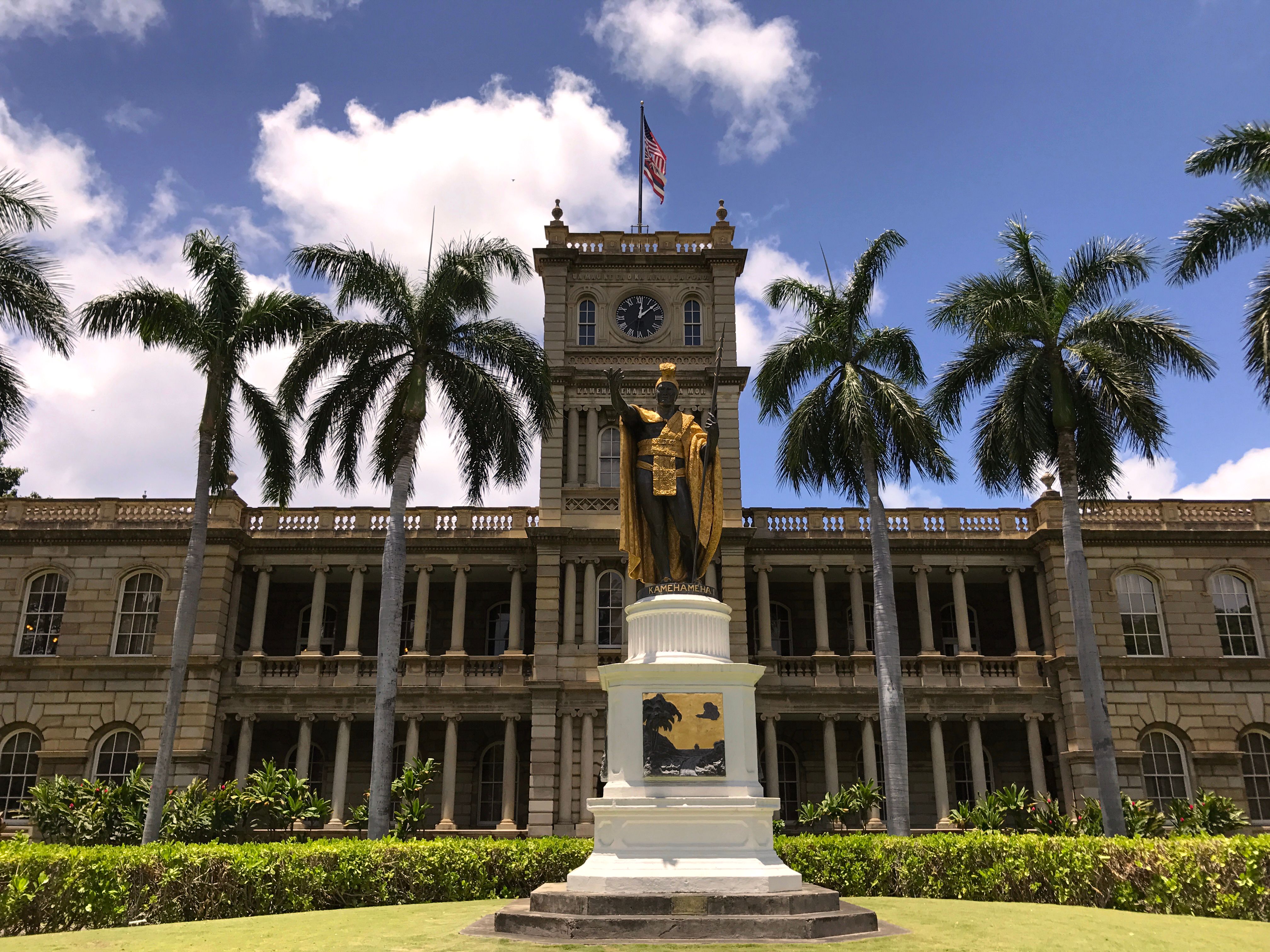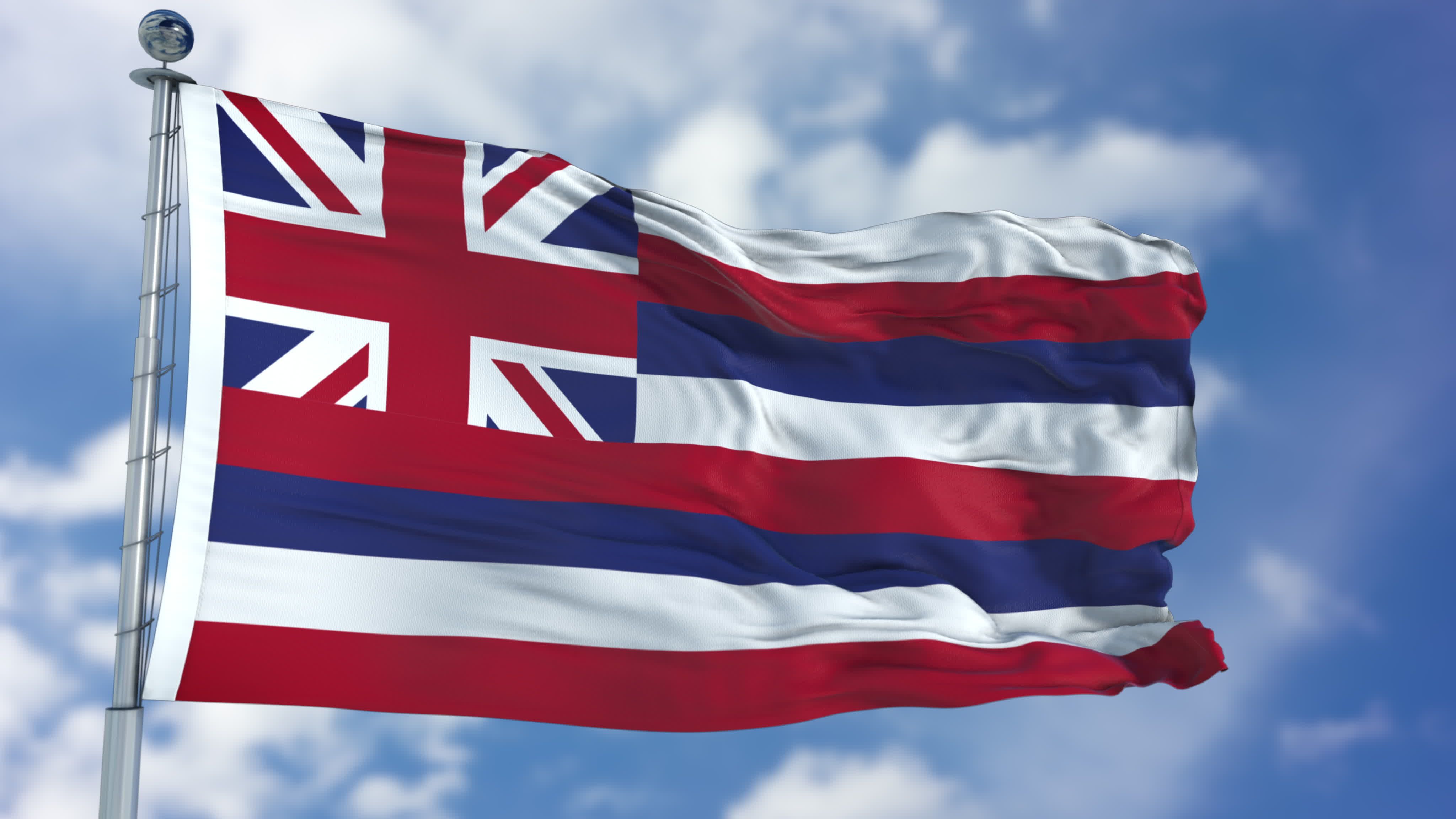Exploring the Legal History of the Kingdom of Hawaii
The Origins of Hawaiian Law
The legal history of the Kingdom of Hawaii is a fascinating study of adaptation and evolution. Before Western contact, Hawaii's legal system was primarily based on oral traditions and customs governed by the ali'i, or chiefs, who held absolute power over their territories. The introduction of Western influences in the 19th century brought about significant changes in the legal landscape of the islands.
In 1840, King Kamehameha III established the first constitution for the Kingdom of Hawaii. This was a monumental shift from a chiefly system to a constitutional monarchy. The new constitution introduced a legislative body and a judiciary, laying the groundwork for a more structured legal system. The 1840 Constitution is often seen as the cornerstone of modern Hawaiian law.

The Influence of Western Legal Systems
Western influence played a significant role in shaping the legal framework of the Kingdom of Hawaii. Missionaries and foreign advisors introduced concepts from English and American legal systems. This amalgamation resulted in a hybrid legal system unique to Hawaii, blending traditional Hawaiian laws with Western principles.
The appointment of William Richards as an advisor to King Kamehameha III was pivotal in this transformation. Richards advocated for legal reforms that aligned more closely with Western ideals, leading to the creation of the 1852 Constitution, which expanded civil liberties and established a more formalized court system.

The Great Mahele and Land Reforms
One of the most significant legal transformations in Hawaiian history was the Great Mahele of 1848. This land division reform redistributed land ownership from communal to private hands, drastically altering traditional land tenure systems. The Mahele aimed to protect Hawaiian lands from foreign encroachment while also integrating into the global economic system.
The introduction of private land ownership was unprecedented in Hawaiian society. It required new legal constructs to manage land transactions, leading to further development of property laws. While the Mahele had positive intentions, it also resulted in unintended consequences, including the loss of land for many native Hawaiians.
Legal Reforms and Modernization
Throughout the latter half of the 19th century, the Kingdom of Hawaii continued to modernize its legal system. The establishment of a Supreme Court in 1848 marked a significant step towards judicial independence and integrity. The court played a crucial role in interpreting laws and maintaining judicial standards.

Further reforms under King Kalākaua's reign included the 1887 Constitution, also known as the "Bayonet Constitution," which curtailed monarchical powers and expanded voting rights, albeit controversially. These changes reflected the kingdom's ongoing struggle to balance traditional governance with modern political structures.
The Overthrow and Annexation
The legal history of Hawaii took a dramatic turn in 1893 with the overthrow of Queen Lili'uokalani. The event was orchestrated by a group of American and European businessmen with vested interests in Hawaii's economic affairs. This led to the establishment of a provisional government and ultimately paved the way for Hawaii's annexation by the United States in 1898.
The overthrow and subsequent annexation significantly altered Hawaii's legal environment. Hawaiian laws were gradually replaced by American statutes, marking an end to the kingdom's unique legal heritage. Despite these changes, many aspects of Hawaiian law have persisted, influencing contemporary legal practices in Hawaii today.

Legacy and Modern Reflections
The legal history of the Kingdom of Hawaii is a testament to its resilience and adaptability in the face of change. While much has transformed since those early days, the kingdom's legal legacy continues to resonate in modern Hawaii. Efforts to preserve traditional Hawaiian knowledge and practices remain strong, reflecting an enduring respect for its cultural and legal heritage.
Today, there is a renewed interest in understanding and integrating traditional Hawaiian laws and customs into contemporary legal frameworks. This ongoing dialogue highlights the importance of honoring Hawaii's rich history while navigating its future.